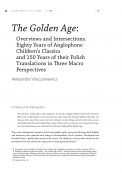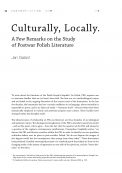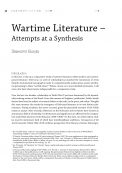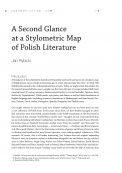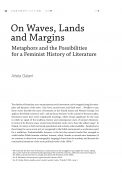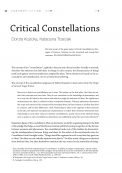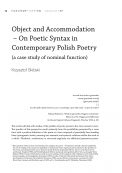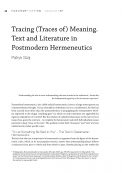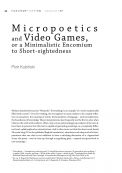A Vertical Schema of Experience: Travel Writing from the Himalayas (Jerzy Kukuczka, Adam Bielecki)
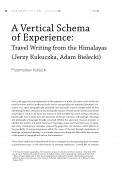
One could argue that any exploration of the experience of travel, the sense of the world captured in transit and the intellectual tools used to conceptualize the traversed (absorbed, consumed, etc.) space (geographically, physically and culturally) must be foregrounded by first identifying the basic obstacles to articulating the nuances of travel and its literary and textual counterparts. (...)






